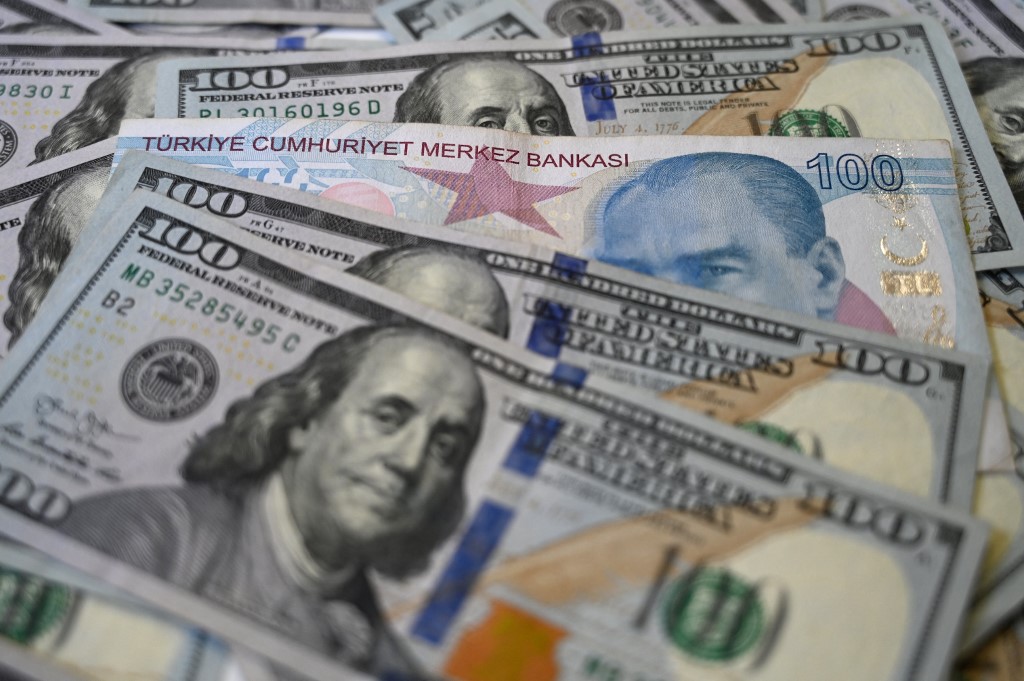Turkey’s central bank has asked local lenders to limit the amount of dollar purchases they make in the interbank market to ease pressure on the lira, Bloomberg reported referring to people with direct knowledge of the matter.
The monetary authority verbally informed some lenders last week that they have been assigned a daily limit on how much foreign currency they should buy on the interbank market after meeting their needs under the so-called KKM program, the people said, asking not to be named because of the sensitivity of the matter. KKM is a government-backed lira savings scheme that compensates participants for swings in the exchange rate.
The request to limit foreign-exchange purchases comes at the same time the bank is easing some lira-management measures, including reporting requirements for customers’ dollar purchases, restricted trading hours and higher rates for retail investors, the people said.
The central bank declined to comment when contacted by Bloomberg on Monday. The daily limits vary among banks and implementation has been patchy, with some banks exceeding the limits without penalty, the people said.
Still, the regulation has the potential to leave lenders exposed should they face strong demand for dollars after they exceed their daily limits. In an attempt to deter investor demand for foreign currencies, the banks began widening spreads between their bid and ask prices for foreign currencies on their web applications and at branches.
The daily limits and widening spreads have pushed more companies and retail investors to exchange bureaus at the Grand Bazaar, İstanbul’s centuries-old covered market. Investors can buy physical dollars at a premium there, with the lira trading at more than 20 per dollar as of 6 p.m. on Monday. At the interbank rate, the currency was trading at 19.3771 per greenback.
The lira’s volatility has jumped ahead of elections scheduled for May 14, where President Recep Tayyip Erdoğan is seeking to extend his two-decade rule by another five years. With less than four weeks until the vote, the Turkish lira’s one-month implied volatility against the dollar surged to the highest since June and the highest in the world at 39 percent.

